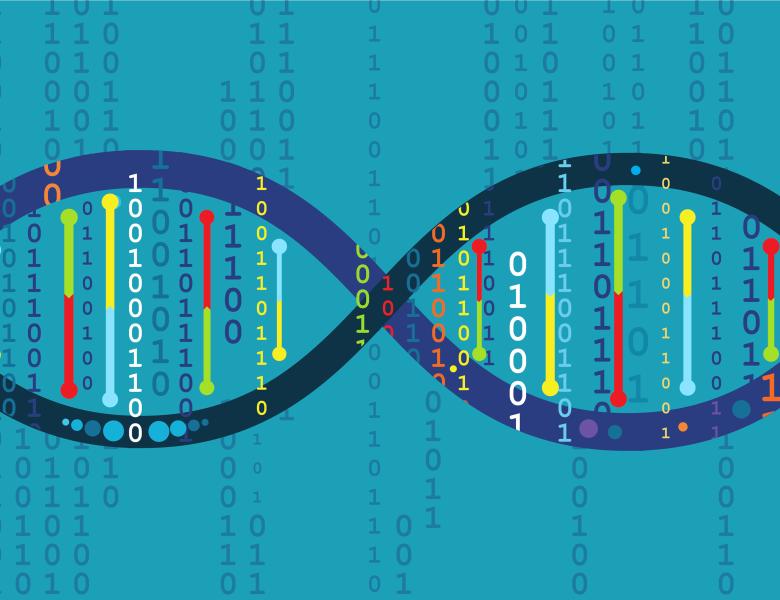
Abstract
The host defense against invading pathogens consists of pathogen elimination (‘resistance’) and the limitation of tissue damage resulting from host-pathogen interactions (‘disease tolerance’). As disease tolerance is a critical component of the host defense, it has become of particular interest in the treatment of infectious diseases, such as the influenza virus and SARS-CoV-2 infections. However, the identification of distinct molecular programs underpinning disease tolerance and resistance remained obscure. The lack of such molecular understanding has been a barrier in developing therapies that specifically target disease tolerance (or resistance) components of the host defense. In this talk I will show our identification of two distinct gene programs that are co-activated during in vivo IAV infection in lungs. We show that one program is specific to disease-tolerance phenotypes while the other program is specific to resistance phenotypes. We developed and validated the programs using in vivo IAV infection across 33 mouse strains that differ in their physiological ability to resist and tolerate infection, and by integrating transcription profiles of isolated cell types across several human cohorts. The identified decoupling between disease-tolerance and resistance allowed us to reveal novel organizational principles, markers and regulators of the host defense.


